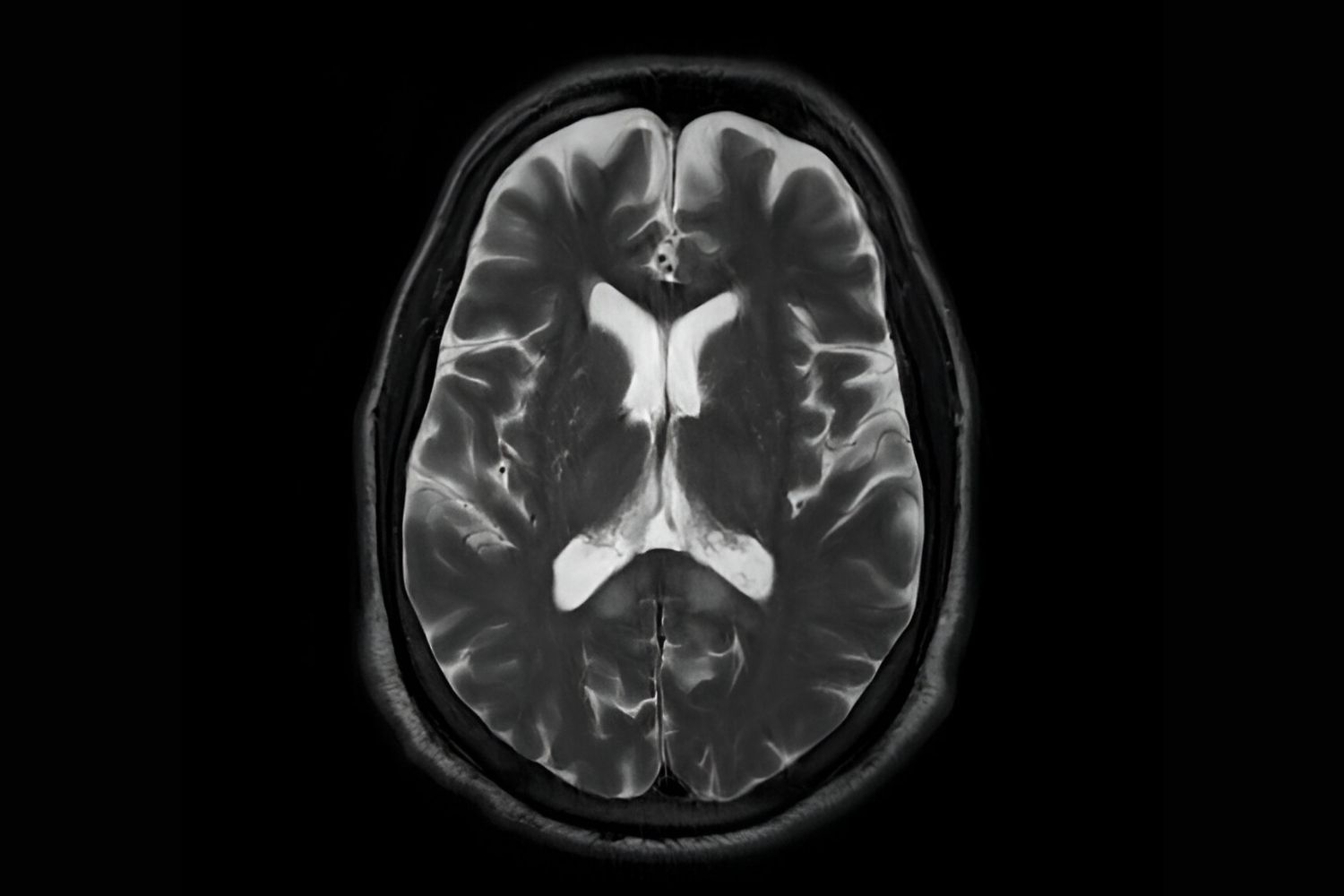
Marchiafava–Micheli Disease, also known as Paroxysmal Nocturnal Hemoglobinuria (PNH), is a rare blood disorder that can be both puzzling and serious. This condition causes red blood cells to break apart too early, leading to various health issues. Imagine your immune system mistakenly attacking your own blood cells. Sounds strange, right? That's what happens in PNH. People with this disease might experience fatigue, shortness of breath, and dark urine. It's not just a minor inconvenience; it can lead to life-threatening complications like blood clots and organ damage. Understanding PNH is crucial for managing its symptoms and improving quality of life. Let's dive into 25 intriguing facts about this rare condition.
Key Takeaways:
- Marchiafava–Micheli Disease is a rare blood disorder causing red blood cells to be easily destroyed. It leads to symptoms like fatigue, chest pain, and difficulty swallowing, and can be diagnosed through tests like flow cytometry and treated with medications like Eculizumab.
- Complications of Marchiafava–Micheli Disease include blood clots, kidney disease, and pulmonary hypertension. Treatment options include bone marrow transplant, blood transfusions, and anticoagulants to manage the symptoms and reduce the risk of serious complications.
What is Marchiafava–Micheli Disease?
Marchiafava–Micheli Disease, also known as Paroxysmal Nocturnal Hemoglobinuria (PNH), is a rare blood disorder. It affects red blood cells, making them more prone to destruction. This condition can lead to various health complications.
-
PNH is a rare disease: Only about 1 to 5 people per million are diagnosed with PNH each year.
-
Named after Italian doctors: The disease is named after Ettore Marchiafava and Alessio Micheli, who first described it in the early 20th century.
-
Genetic mutation: PNH is caused by a mutation in the PIGA gene, which affects the surface proteins of blood cells.
-
Red blood cell destruction: The mutation makes red blood cells more susceptible to being destroyed by the immune system.
-
Hemoglobinuria: One of the hallmark symptoms is dark-colored urine, especially in the morning, due to the breakdown of red blood cells.
Symptoms of Marchiafava–Micheli Disease
PNH can present a variety of symptoms, some of which can be severe. Understanding these symptoms can help in early diagnosis and treatment.
-
Fatigue: Chronic fatigue is common due to anemia caused by the destruction of red blood cells.
-
Shortness of breath: Reduced oxygen-carrying capacity of the blood can lead to difficulty breathing.
-
Chest pain: Some patients experience chest pain due to blood clots or reduced oxygen supply.
-
Abdominal pain: Blood clots in the abdominal veins can cause severe pain.
-
Difficulty swallowing: Esophageal spasms can make swallowing painful and difficult.
Diagnosis of Marchiafava–Micheli Disease
Diagnosing PNH involves several tests and procedures. Early and accurate diagnosis is crucial for effective management.
-
Flow cytometry: This test measures the proteins on the surface of blood cells to detect abnormalities.
-
Complete blood count (CBC): A CBC can reveal anemia and other blood cell abnormalities.
-
Bone marrow biopsy: Examining bone marrow can help identify the extent of the disease.
-
LDH levels: Elevated lactate dehydrogenase (LDH) levels indicate increased red blood cell destruction.
-
Ham test: An older test that can detect PNH by exposing red blood cells to acid.
Treatment Options for Marchiafava–Micheli Disease
While there is no cure for PNH, various treatments can help manage the symptoms and complications.
-
Eculizumab: This medication inhibits the immune system from destroying red blood cells.
-
Bone marrow transplant: In some cases, a bone marrow transplant can cure PNH.
-
Blood transfusions: Regular transfusions can help manage anemia and other symptoms.
-
Anticoagulants: These medications reduce the risk of blood clots.
-
Iron supplements: Iron supplements can help manage iron deficiency caused by chronic blood loss.
Complications of Marchiafava–Micheli Disease
PNH can lead to several serious complications if not properly managed. Awareness of these complications is essential for patients and caregivers.
-
Thrombosis: Blood clots are a major risk and can occur in various parts of the body.
-
Kidney disease: Chronic hemoglobinuria can damage the kidneys over time.
-
Pulmonary hypertension: Increased blood pressure in the lungs can result from blood clots.
-
Aplastic anemia: Some PNH patients develop aplastic anemia, where the bone marrow fails to produce enough blood cells.
-
Leukemia: There is a small risk of developing leukemia due to the underlying bone marrow abnormalities.
Understanding Marchiafava–Micheli Disease
Marchiafava–Micheli Disease, also known as Paroxysmal Nocturnal Hemoglobinuria (PNH), is a rare blood disorder that affects red blood cells. This condition can lead to severe complications like blood clots, kidney disease, and even leukemia. Early diagnosis and treatment are crucial for managing symptoms and improving quality of life. Treatments often include medications like eculizumab, which can help reduce hemolysis and prevent blood clots. Bone marrow transplants may offer a potential cure for some patients.
Raising awareness about PNH is vital for early detection and better outcomes. If you or someone you know experiences unexplained fatigue, dark urine, or other related symptoms, consult a healthcare professional. Knowledge is power, and understanding this rare disease can make a significant difference in the lives of those affected. Stay informed, stay proactive, and support ongoing research efforts.
Frequently Asked Questions
Was this page helpful?
Our commitment to delivering trustworthy and engaging content is at the heart of what we do. Each fact on our site is contributed by real users like you, bringing a wealth of diverse insights and information. To ensure the highest standards of accuracy and reliability, our dedicated editors meticulously review each submission. This process guarantees that the facts we share are not only fascinating but also credible. Trust in our commitment to quality and authenticity as you explore and learn with us.
